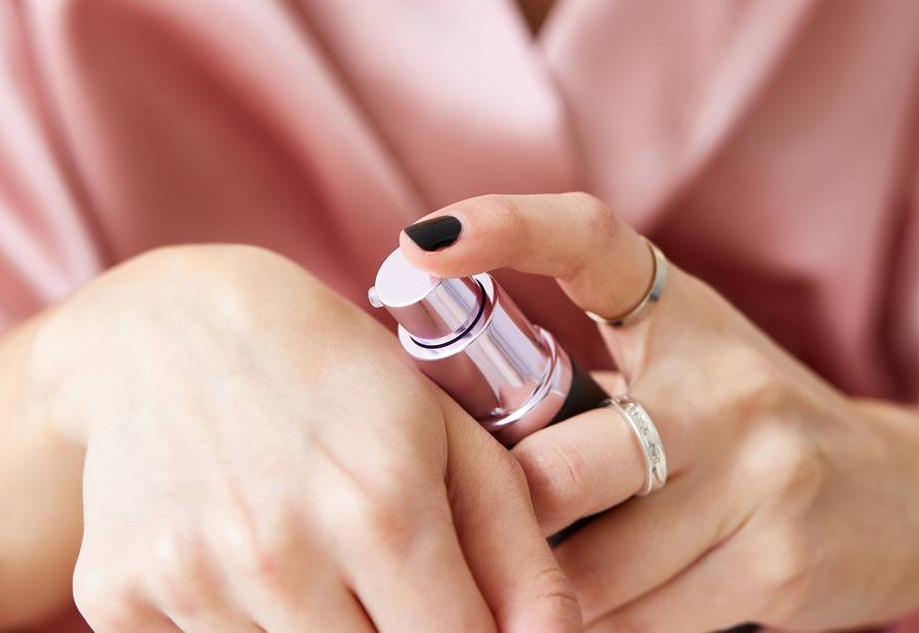Do you want the makeup to last for a long-time? The first step of the makeup routine is usually the most crucial in deciding whether the beautiful look will stay smudge-free or not. Makeup primer is the product women apply on their faces before applying other products to ensure smooth skin and a flawless look throughout the day.

Similar to any makeup product, there are different types of primers available in the market. There are a lot of things that need to be considered while choosing a makeup primer. One has to check whether the primer is made for their skin type. Furthermore, people have certain skin issues that should be considered while applying a new primer to the skin.
Choosing a Primer for Your Skin Type
Hydrating Primer for Dry Skin
Does your skin need the application of lotion immediately after a shower? You should apply a nourishing primer instead of using a lotion. These primers can not only hydrate the skin but also prepare it for the makeup routine.
Mattifying Primer for Oily Skin
Those who struggle with excess oil and shine issues should use a mattifying primer. These primers are used to reduce oil production in the skin. Mattifying primers that limit pores also limit extra shine. Hence, you should always choose oil-free primers.
Simple Primer for Sensitive Skin
Many people with sensitive skin end up applying primers that irritate their skin. You should choose primers that don’t include a lot of ingredients. Furthermore, check different stores to find the best primers for sensitive skin.
The primer should not contain fragrance, oil, and paraben because the chemicals can irritate. When the primers contain fewer additives, the product will enhance your look without causing any reaction.
Nourishing Primer for Mature Skin
After the age of 60, you will notice fine lines and blotchy skin. You should choose primers that contain antioxidants. Since mature skin becomes extremely dry, you should select a nourishing primer to hydrate the skin and keep the makeup in place.
Addressing Specific Skin Issues
Color-Correcting Primer For Uneven Skin
Those who have uneven or blotchy skin should select a makeup primer that works as a color corrector. If you are already using a foundation, then choose a primer that has the same color. You have to apply primer to even the skin.
Women who want to minimize redness should pick a green makeup primer. Even people who have sunburn can use this primer to reduce the redness. Purple makeup primer is best used to reduce yellow undertones. If you want the skin to look healthy, apply pink makeup primer because it works like a blush.
Some people look for primers that can hide bluish veins in their delicate skin. You can apply a yellow makeup primer to reduce the visibility of veins. Women who have dark circles or hyperpigmentation can use a peach-colored primer.
Gentle Primer for Acne-Prone Skin
People with acne-prone skin should choose primers that include salicylic acid. These primers can reduce the appearance of acne as well as scars. You should never apply primers that contain oil and fragrance.
Products that contain oil can irritate the skin and aggravate the problem. Specifically, get primers with the label “non-comedogenic”. If you use a primer that doesn’t include this label, then it can clog the pores.
Pore-Minimizing Primer to Hide Large Pores
You will easily find the primers that come with the label “pore-minimizing” or “poreless”. These primers can blur the imperfection and reduce large pores. You can use the best makeup primer for large pores alone to get perfect-looking skin without any foundation.
Check some primers before deciding which one works best at hiding fine lines and large pores. You should ensure the primer is capable of holding the makeup in place.
Conclusion
We hope now you understand how to choose makeup primer. You should make sure the makeup primer holds the makeup in place while addressing the issues related to the skin. Avoid using primers that aggravate the problem and result in irritation and acne-related issues.
